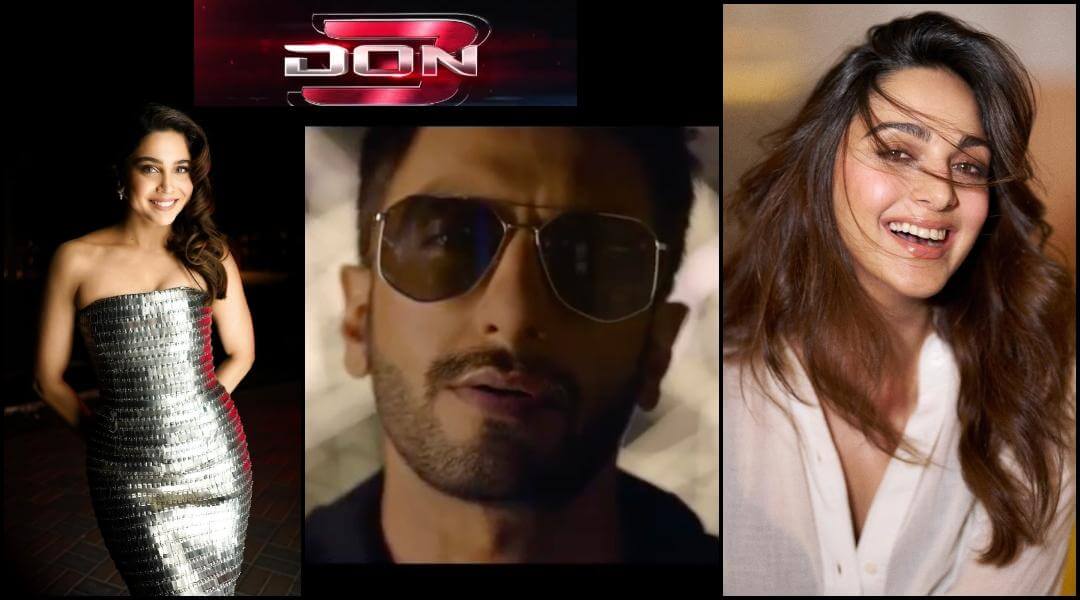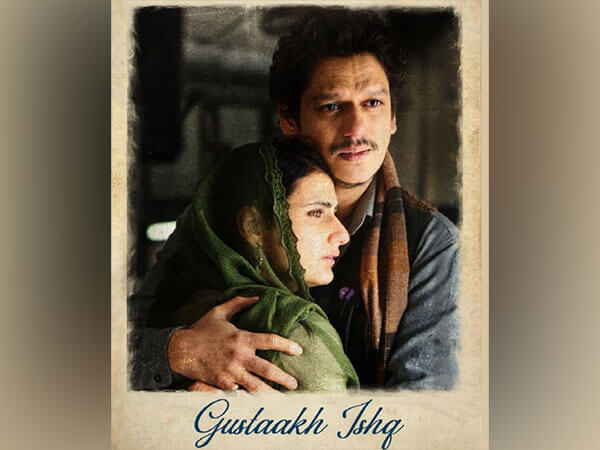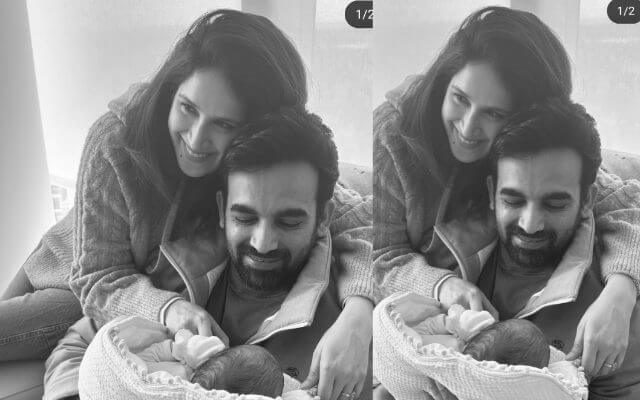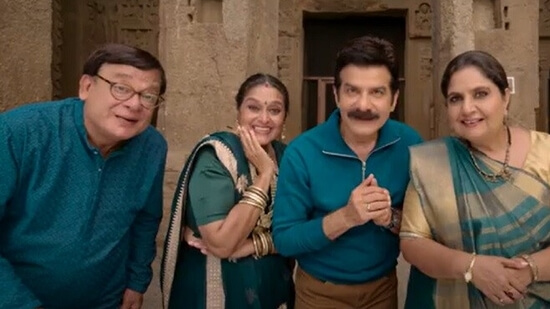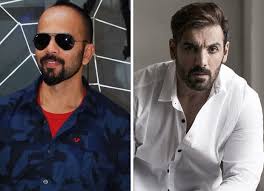Film review: Bloody hell! ‘Rangoon’ is all over the place
Fri 24 Feb 2017, 10:42:37
Vishal Bhardwaj’s cinema has been blessed with offbeat subjects, superb music, memorable characters, realistic performances, and subversive streaks. But his films have also been bedevilled by incomplete plots, scripting contrivances, an over-reliance on glamour and the inability to wrench himself from the formula he claims to be reinventing. Every Vishal Bhardwaj film is a work in progress towards the masterpiece that his followers believe he will create some day. Rangoon is a fabulously filmed period drama about the intersection of cinema and nationalism, but it remains at the crossroads where other Bhardwaj’s titles can be found. The 167-minute movie is neither wholly satisfying nor capable of being dismissed entirely.
Rangoon is set in 1943, which viewers will remember as a period of the Quit India movement, when hundreds of thousands of people were being arrested for demanding what MK Gandhi had described as “an orderly British withdrawal” from the subcontinent. In India’s movie theatres, the stunt film genre was in its twilight and social dramas were in vogue. Wadia Movietone, the leading stunt film producer, was reeling from the failure of the period drama Raj Nartaki. The banner’s feisty heroine Nadia, who headlined such delectably named hits as Hunterwali, Miss Frontier Mail and Hurricane Hansa, had appeared in the sequel Hunterwali Ki Beti, but her whip-wielding days were over.
Bhardwaj’s version of events plays out differently – call it Bollywood post-truth, if you will. He imagines 1943 as a year in which India is miles away from freedom and still addicted to the antics of stunt film heroine Julia (Kangana Ranaut). A wispier and more beautiful version of the robustly built and earthy looking Nadia, Julia has been picked off the streets by producer Russi Billimoria (Saif Ali Khan), who protects her as fiercely as he would a pedigreed pet. He calls her Kiddo, presumably being a fan of Casablanca, and dictates her every move.
Russi readily agrees when Urdu-spouting British officer David Harding (a hammy Richard McCabe) requests that Julia be sent to the Indo-Burma border – the site of intense conflict during World War II – to entertain the troops who are fighting the Japanese army as well as the Indian National Army. British soldier Nawab Malik (Shahid Kapur) is assigned to keep an eye on Julia as she journeys to Rangoon with her troupe. A series of mishaps thrust Nawab and Julia into each other’s company, along with a Japanese prisoner of war for no other reason than to give the production an international feel and prove that Bhardwaj and his co-writers, Sabrina Dhawan and Matthew Robbins, have done their research.
A love triangle emerges, involving the firmly pro-British Russi, the valiant and patriotic Nawab, and the clueless and petulant Julia. A drunken roll in the mud with Nawab, which evokes memories of From Here to Eternity, divides Julia’s heart, but also allows Bhardwaj to slip in one of many contemporary updates on the period production. Tell me a secret, Nawab asks Julia, whose real name is Jwala. I am “acchut”, Dalit, she replies.
It is moments like this one that will endear Rangoon to viewers who despair that Hindi films are too escapist to engage with current social and political realities. But in trying to reinvent the period film, Bhardwaj introduces a version of reality that
is equally fanciful. Rangoon works neither a romance between three strong-willed individuals nor as a patriotic drama about the Indian National Army’s role in the freedom struggle.
The film portrays the INA as the single force that will destroy colonialism, shuffles the timeline of Hindi cinema, and plays on nationalistic sentiment when the furiously busy plot veers off course. Pankaj Kumar’s brilliantly lit and composed frames created numerous striking images with ambiguous meaning. A mime performance for the British troops pokes fun at Adolf Hitler, as if to make excuses for INA founder Subhash Chandra Bose’s misguided attempts to ally with the Nazi dictator in the belief that the enemy’s enemy is a friend. An image of Russi on a tightrope, balancing his love for Julia with his recognition that the times have changed, proves to be an unwittingly apt metaphor for Bhardwaj’s wobbly attempt to create a romance of epic proportions.
Although Julia is one of the three key characters, she is the most disappointing one. Ranaut plays Julia with the feistiness that the actress exudes on and off the screen, but without the necessary depth. The movie originated as a biopic of Nadia, and although the filmmakers have denied that Julia is based on the actress (and have been asked by a court to pay Rs 2 crore in damages to Wadia Movietone), there is little doubt about Julia’s origins. Her eye mask, leather costumes, whip, derring-do and catchphrase “Bloody hell!” (which is repeated so often it loses its impact), have all been derived from Nadia.
However, Julia is a diet Nadia, who famously performed her own stunts, including lifting her adversaries off the ground. Julia’s physical weakness extends to her submissive personality. In thrall to Russi but equally attracted to Nawab, she shows no individual will until it’s too late. Julia’s feebleness is verbalised in two scenes. In one, Nawab tells her that there is no point killing her because she is already dead. In the other, Julia tearfully pleads for freedom from her captor.
If we were being generous, we might attribute Julia’s incompleteness to a subversive comment on the off-screen reality of film actresses in the 1940s, who exuded power on the screen but were puppets for patrons and producers off it. There is a less charitable way of regarding Julia – she is not fully formed because the movie loses interest in her once she meets Nawab. The soldier, nicely brought to life by Shahid Kapur, fares better. But the best character is Russi, brilliantly performed by Saif Ali Khan. The actor’s talent has been visible only rarely because of poorly-chosen roles and professional laziness. But in Rangoon, Khan is fully alert. He perfectly captures the body language of a wealthy Parsi from ’40s Mumbai as well as the despair of a man in love with a woman who is slipping away into Nawab’s younger and stronger arms.
Russi, a former actor, is one-handed, having lost part of his limbs in a stunt gone wrong. The mechanical claw that he has fixed to his severed arm is one of the metaphors that works in Rangoon. The movie’s strongest scenes are set in the Army camp where Russi and Nawab duel, literally and figuratively, for Julia’s soul. Since Rangoon equates love for another human being with love for the country, this romance, like the movie itself, is all over the place.
Rangoon is set in 1943, which viewers will remember as a period of the Quit India movement, when hundreds of thousands of people were being arrested for demanding what MK Gandhi had described as “an orderly British withdrawal” from the subcontinent. In India’s movie theatres, the stunt film genre was in its twilight and social dramas were in vogue. Wadia Movietone, the leading stunt film producer, was reeling from the failure of the period drama Raj Nartaki. The banner’s feisty heroine Nadia, who headlined such delectably named hits as Hunterwali, Miss Frontier Mail and Hurricane Hansa, had appeared in the sequel Hunterwali Ki Beti, but her whip-wielding days were over.
Bhardwaj’s version of events plays out differently – call it Bollywood post-truth, if you will. He imagines 1943 as a year in which India is miles away from freedom and still addicted to the antics of stunt film heroine Julia (Kangana Ranaut). A wispier and more beautiful version of the robustly built and earthy looking Nadia, Julia has been picked off the streets by producer Russi Billimoria (Saif Ali Khan), who protects her as fiercely as he would a pedigreed pet. He calls her Kiddo, presumably being a fan of Casablanca, and dictates her every move.
Russi readily agrees when Urdu-spouting British officer David Harding (a hammy Richard McCabe) requests that Julia be sent to the Indo-Burma border – the site of intense conflict during World War II – to entertain the troops who are fighting the Japanese army as well as the Indian National Army. British soldier Nawab Malik (Shahid Kapur) is assigned to keep an eye on Julia as she journeys to Rangoon with her troupe. A series of mishaps thrust Nawab and Julia into each other’s company, along with a Japanese prisoner of war for no other reason than to give the production an international feel and prove that Bhardwaj and his co-writers, Sabrina Dhawan and Matthew Robbins, have done their research.
A love triangle emerges, involving the firmly pro-British Russi, the valiant and patriotic Nawab, and the clueless and petulant Julia. A drunken roll in the mud with Nawab, which evokes memories of From Here to Eternity, divides Julia’s heart, but also allows Bhardwaj to slip in one of many contemporary updates on the period production. Tell me a secret, Nawab asks Julia, whose real name is Jwala. I am “acchut”, Dalit, she replies.
It is moments like this one that will endear Rangoon to viewers who despair that Hindi films are too escapist to engage with current social and political realities. But in trying to reinvent the period film, Bhardwaj introduces a version of reality that
is equally fanciful. Rangoon works neither a romance between three strong-willed individuals nor as a patriotic drama about the Indian National Army’s role in the freedom struggle.
The film portrays the INA as the single force that will destroy colonialism, shuffles the timeline of Hindi cinema, and plays on nationalistic sentiment when the furiously busy plot veers off course. Pankaj Kumar’s brilliantly lit and composed frames created numerous striking images with ambiguous meaning. A mime performance for the British troops pokes fun at Adolf Hitler, as if to make excuses for INA founder Subhash Chandra Bose’s misguided attempts to ally with the Nazi dictator in the belief that the enemy’s enemy is a friend. An image of Russi on a tightrope, balancing his love for Julia with his recognition that the times have changed, proves to be an unwittingly apt metaphor for Bhardwaj’s wobbly attempt to create a romance of epic proportions.
Although Julia is one of the three key characters, she is the most disappointing one. Ranaut plays Julia with the feistiness that the actress exudes on and off the screen, but without the necessary depth. The movie originated as a biopic of Nadia, and although the filmmakers have denied that Julia is based on the actress (and have been asked by a court to pay Rs 2 crore in damages to Wadia Movietone), there is little doubt about Julia’s origins. Her eye mask, leather costumes, whip, derring-do and catchphrase “Bloody hell!” (which is repeated so often it loses its impact), have all been derived from Nadia.
However, Julia is a diet Nadia, who famously performed her own stunts, including lifting her adversaries off the ground. Julia’s physical weakness extends to her submissive personality. In thrall to Russi but equally attracted to Nawab, she shows no individual will until it’s too late. Julia’s feebleness is verbalised in two scenes. In one, Nawab tells her that there is no point killing her because she is already dead. In the other, Julia tearfully pleads for freedom from her captor.
If we were being generous, we might attribute Julia’s incompleteness to a subversive comment on the off-screen reality of film actresses in the 1940s, who exuded power on the screen but were puppets for patrons and producers off it. There is a less charitable way of regarding Julia – she is not fully formed because the movie loses interest in her once she meets Nawab. The soldier, nicely brought to life by Shahid Kapur, fares better. But the best character is Russi, brilliantly performed by Saif Ali Khan. The actor’s talent has been visible only rarely because of poorly-chosen roles and professional laziness. But in Rangoon, Khan is fully alert. He perfectly captures the body language of a wealthy Parsi from ’40s Mumbai as well as the despair of a man in love with a woman who is slipping away into Nawab’s younger and stronger arms.
Russi, a former actor, is one-handed, having lost part of his limbs in a stunt gone wrong. The mechanical claw that he has fixed to his severed arm is one of the metaphors that works in Rangoon. The movie’s strongest scenes are set in the Army camp where Russi and Nawab duel, literally and figuratively, for Julia’s soul. Since Rangoon equates love for another human being with love for the country, this romance, like the movie itself, is all over the place.
No Comments For This Post, Be first to write a Comment.
Most viewed from Entertainment
AIMIM News
Latest Urdu News
Most Viewed
May 26, 2020
Do you think Canada-India relations will improve under New PM Mark Carney?
Latest Videos View All
Like Us
Home
About Us
Advertise With Us
All Polls
Epaper Archives
Privacy Policy
Contact Us
Download Etemaad App
© 2025 Etemaad Daily News, All Rights Reserved.

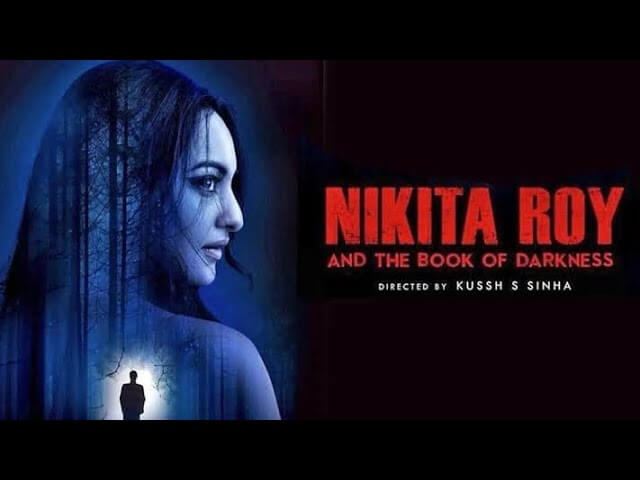
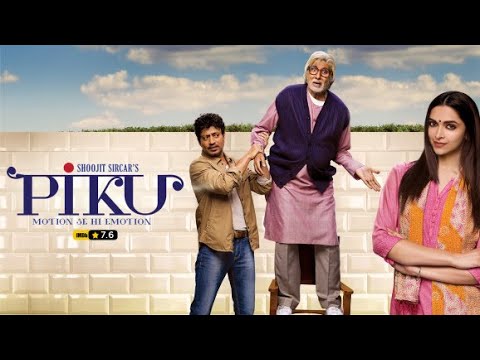

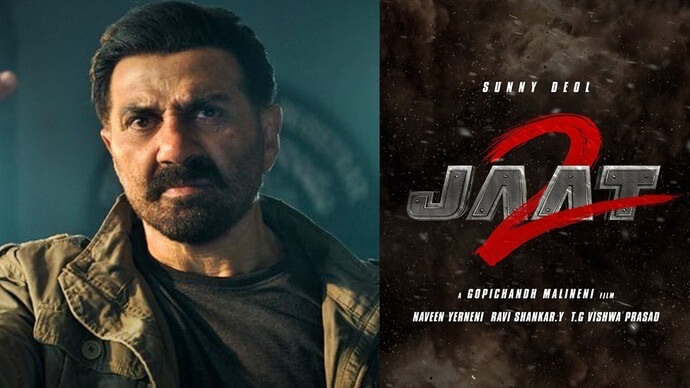
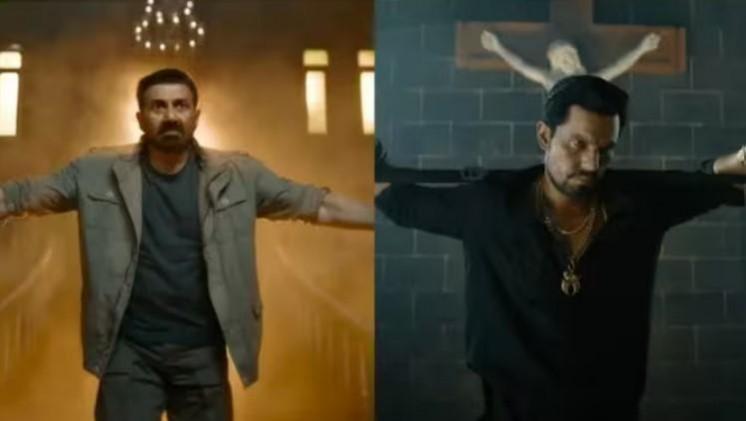
.jpg)

